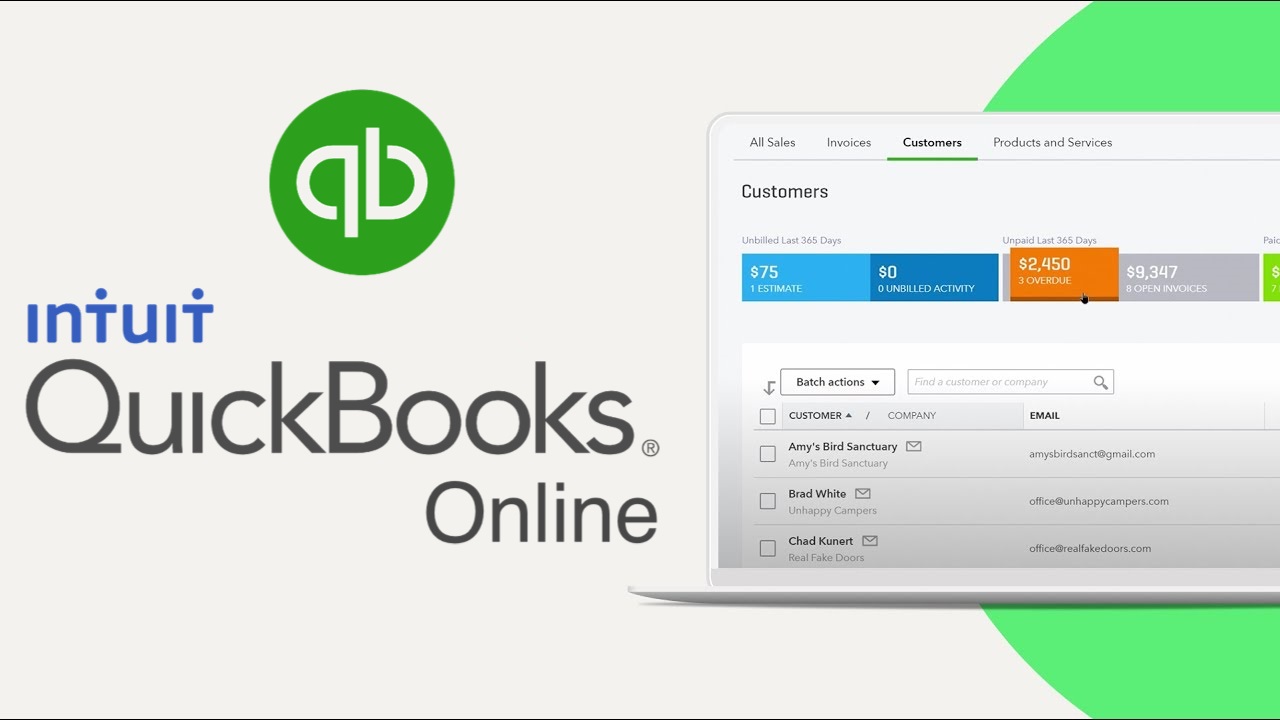Small businesses in California face a variety of taxes, including income tax, sales tax, and employment taxes. With the state’s complex tax laws and regulations, it can be overwhelming for small business owners to navigate the tax landscape. In this article, we will discuss some tips and strategies for dealing with small business taxes in California.

01. Understand California’s tax laws and regulations :
The first step in dealing with small business taxes in California is to understand the state’s tax laws and regulations. California’s tax system is one of the most complex in the country, with a variety of taxes, exemptions, and deductions that can be difficult to navigate. It’s important to take the time to understand the tax laws that apply to your business, including state and local sales taxes, income taxes, and employment taxes.
02. Keep accurate records :
Keeping accurate records is essential for small business owners in California, especially when it comes to taxes. You need to keep track of all your income and expenses, including sales, receipts, invoices, and bank statements. By keeping accurate records, you can ensure that you are claiming all the deductions and exemptions you are entitled to, and you can avoid costly mistakes and penalties.
03. Hire a qualified accountant :
Working with a qualified accountant can help you navigate California’s complex tax system and ensure that you are taking advantage of all the tax benefits available to your business. An accountant can help you keep accurate records, file your taxes on time, and provide advice on tax planning and strategies for reducing your tax liability.
04. Stay up to date on changes in tax laws :
California’s tax laws and regulations are constantly changing, and it’s important to stay up to date on these changes. This includes changes to sales tax rates, income tax rates, and deductions and exemptions. By staying up to date on changes in tax laws, you can ensure that you are complying with the latest regulations and taking advantage of all the tax benefits available to your business.
05. Understand your tax obligations :
As a small business owner in California, you have a variety of tax obligations, including income tax, sales tax, and employment taxes. It’s important to understand your obligations and ensure that you are complying with all state and local tax laws. This includes registering for a sales tax permit, filing and paying sales and use taxes on time, and withholding and remitting payroll taxes.
06. Take advantage of tax credits and deductions :
California offers a variety of tax credits and deductions that can help small businesses reduce their tax liability. For example, the state offers a small business hiring credit for businesses that hire new employees, and a research and development tax credit for businesses that conduct research and development activities. By taking advantage of these tax credits and deductions, you can reduce your tax liability and keep more money in your business.
07. Plan ahead for tax payments :
To avoid penalties and interest charges, it’s important to plan ahead for tax payments in California. This includes estimating your tax liability, setting aside funds for tax payments, and filing and paying your taxes on time. By planning ahead for tax payments, you can avoid costly mistakes and penalties and ensure that your business is in compliance with all state and local tax laws.
08. Consider working with a tax professional :
If you find dealing with small business taxes in California overwhelming or time-consuming, consider working with a tax professional. A tax professional can provide you with advice and guidance on tax planning and strategies for reducing your tax liability, and can handle all aspects of tax preparation and filing on your behalf.
Also Read : Top 15 Tax Deductions for Veterinarians ?.
Conclusion
Dealing with small business taxes in California can be overwhelming, but by understanding the state’s tax laws and regulations, keeping accurate records, and working with a qualified accountant or tax professional, you can ensure that your business is in compliance with all state and local tax laws, and that you are taking advantage of all the tax benefits available to your business. By staying up to date on changes in tax laws, understanding your tax obligations, and planning ahead for tax payments, you can avoid costly mistakes and penalties and keep more money in your business.
In addition, taking advantage of tax credits and deductions can help reduce your tax liability and save you money on your tax bill. Whether it’s the small business hiring credit or the research and development tax credit, there are a variety of tax incentives available to small businesses in California.
Overall, dealing with small business taxes in California can be challenging, but with the right strategies and support, you can navigate the tax landscape and ensure that your business is in compliance with all state and local tax laws. By staying organized, planning ahead, and working with tax professionals when necessary, you can save time, money, and headaches, and focus on growing your business.




